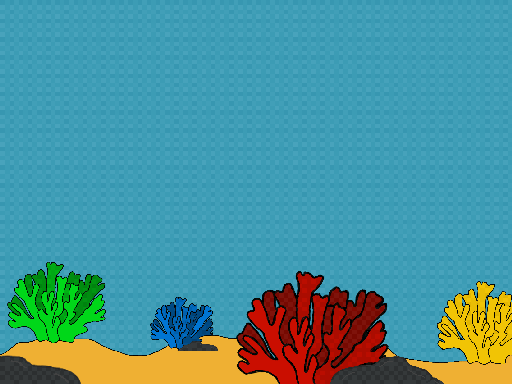Information about our Blog Page
Welcome to our blog! As a school participating in a competition, our project focuses on creating this website to share crucial information, interactive content, useful links, and much more about climate change in the ocean. We aim to provide valuable insights and resources to help you understand and combat this pressing issue.
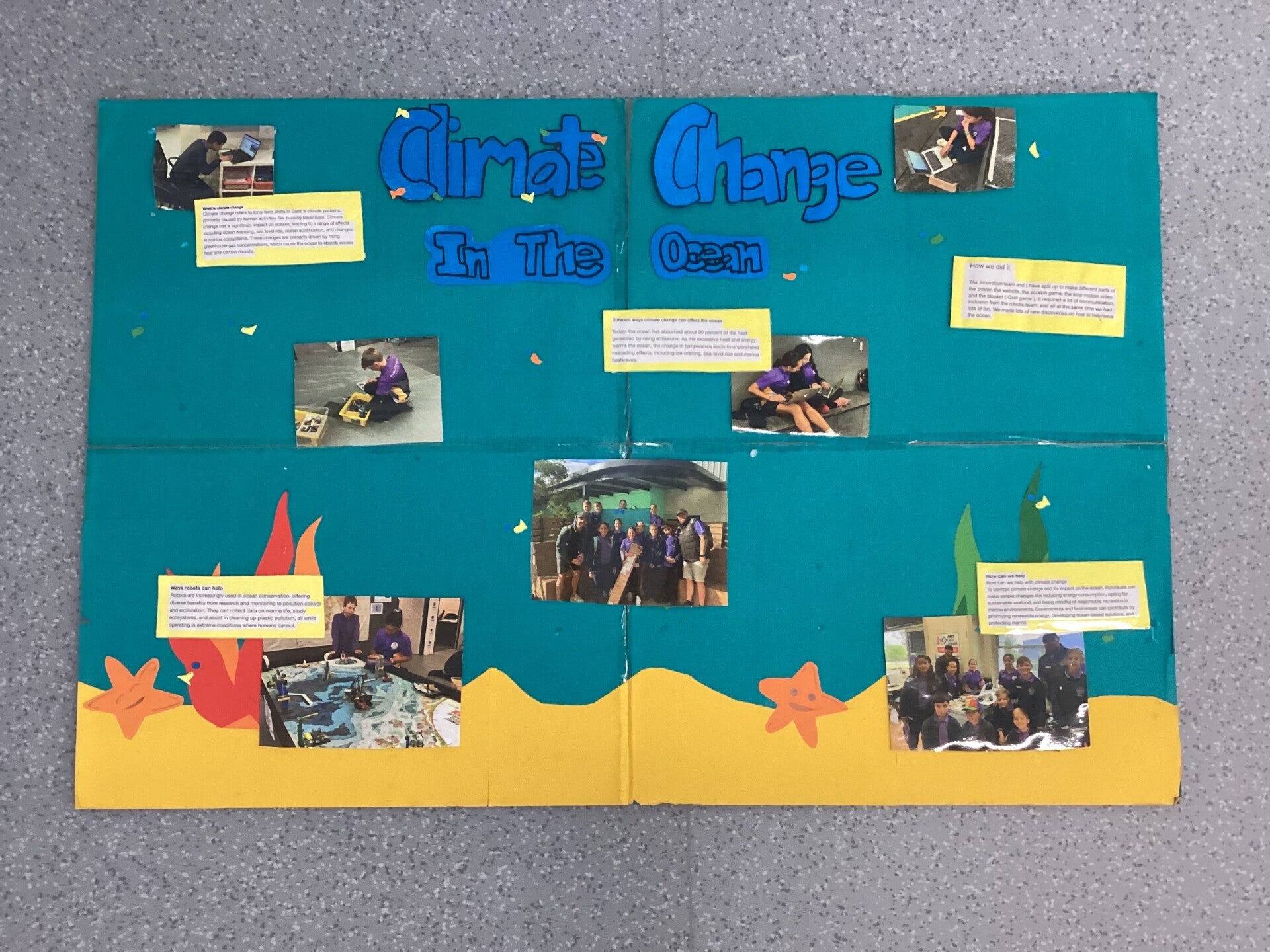
What is Climate Change
Climate change refers to long-term shifts in earths climate patterns, primarily caused by human activities like burning fossil fuels. Climate change has a significant impact on oceans, leading to a range of effects including ocean warming, sea level rises, ocean acidification, and changes in marine ecosystems. These changes are primarily driven by rising greenhouse gas concentrations, which causes the ocean to absorb excess heat and carbon dioxide.

How you can Help
To combat climate change and its impact on the ocean, individuals can make simple changes like reducing energy consumption, opting for sustainable seafood, and being mindful of responsible recreation in marine environments. Governments and businesses can contribute by prioritising renewable energy, developing ocean-based solutions, and protecting marine.
PARTICAPATE IN A QUIZ!
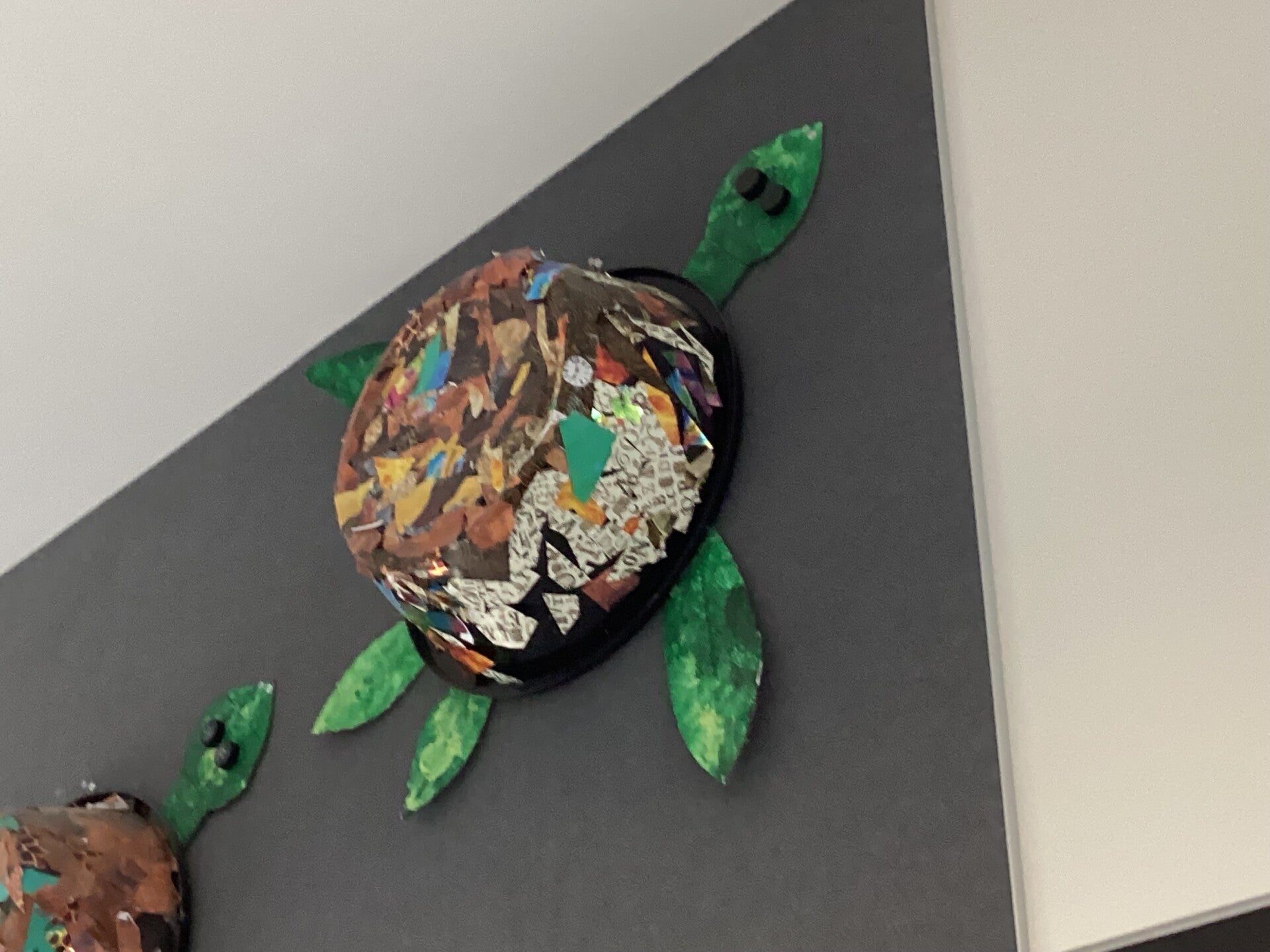
Different ways Climate Change can Affect the Ocean
Today, the ocean has absorbed about 90 percent of the heat generated by rising emissions. As the excessive heat and energy warms the ocean, the change in temperature leads to unparalleled cascading effects, including ice melting, sea levels rising and marine
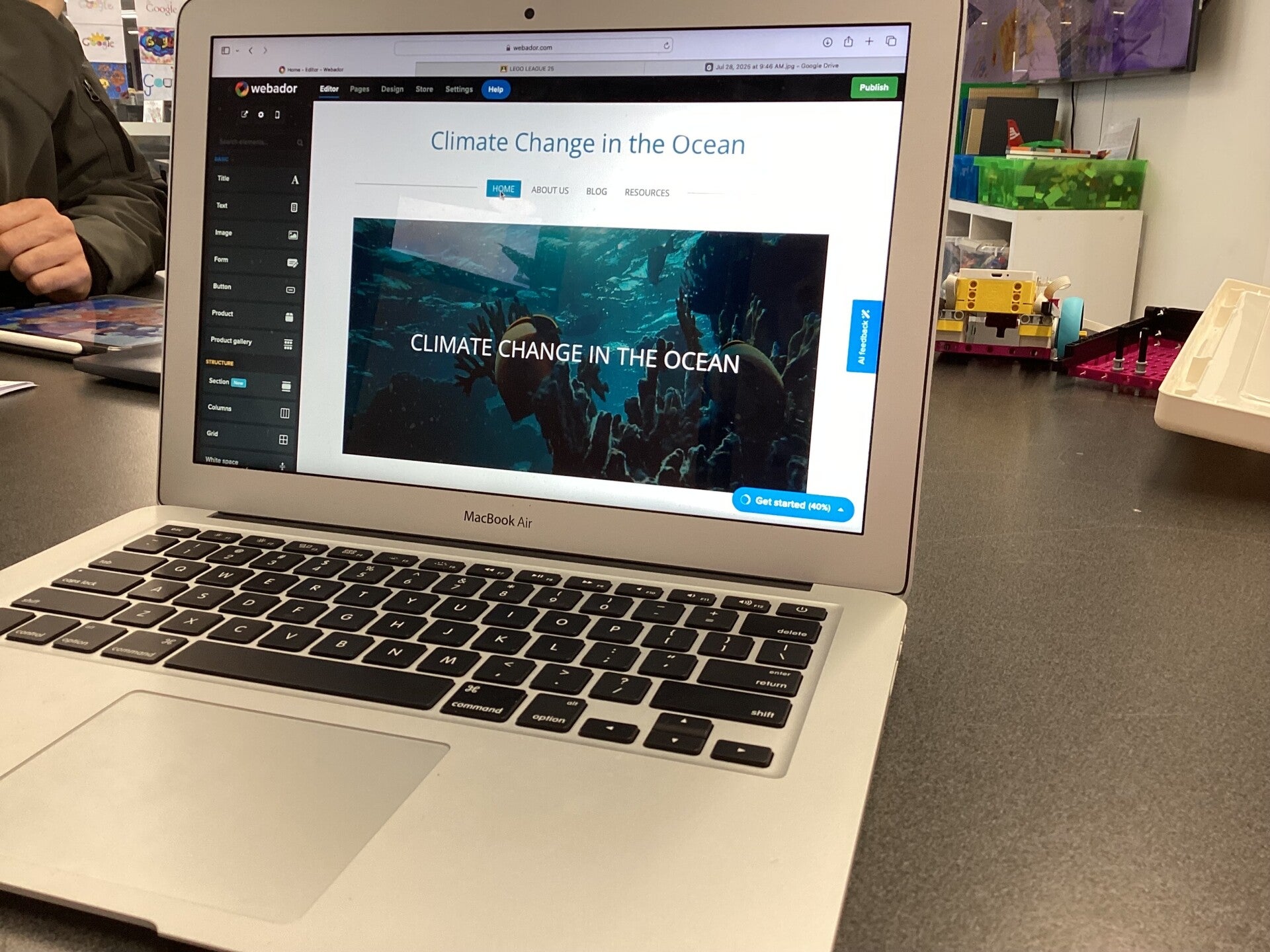
What have we done to Help Climate Change in the Ocean
The Diggers Destroyers have created a website to spread awareness about and ways to prevent climate change. We have added things like paragraphs of information, links to other interesting websites and interactive features. We believe that we can make a significant impact!
PLAY A SCRATCH!
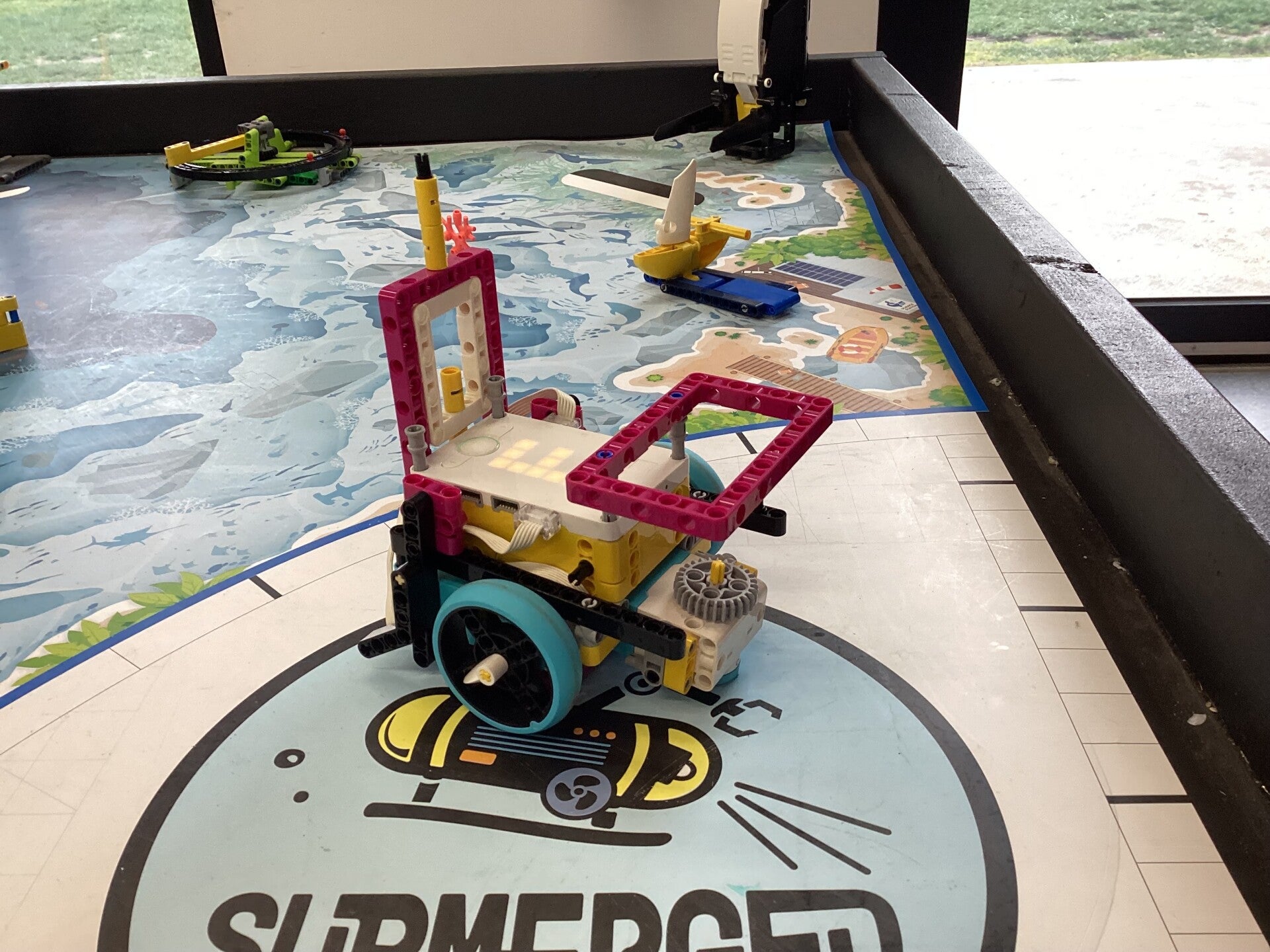
Ways Robots can Help
Robots are increasingly used in ocean conservation, offering diverse benefits from research and monitoring to pollution control and exploration. They can collect data on marine life, study ecosystems, and assist in cleaning up plastic pollution, all while operating in extreme conditions where humans can not.
Watch an Animation
